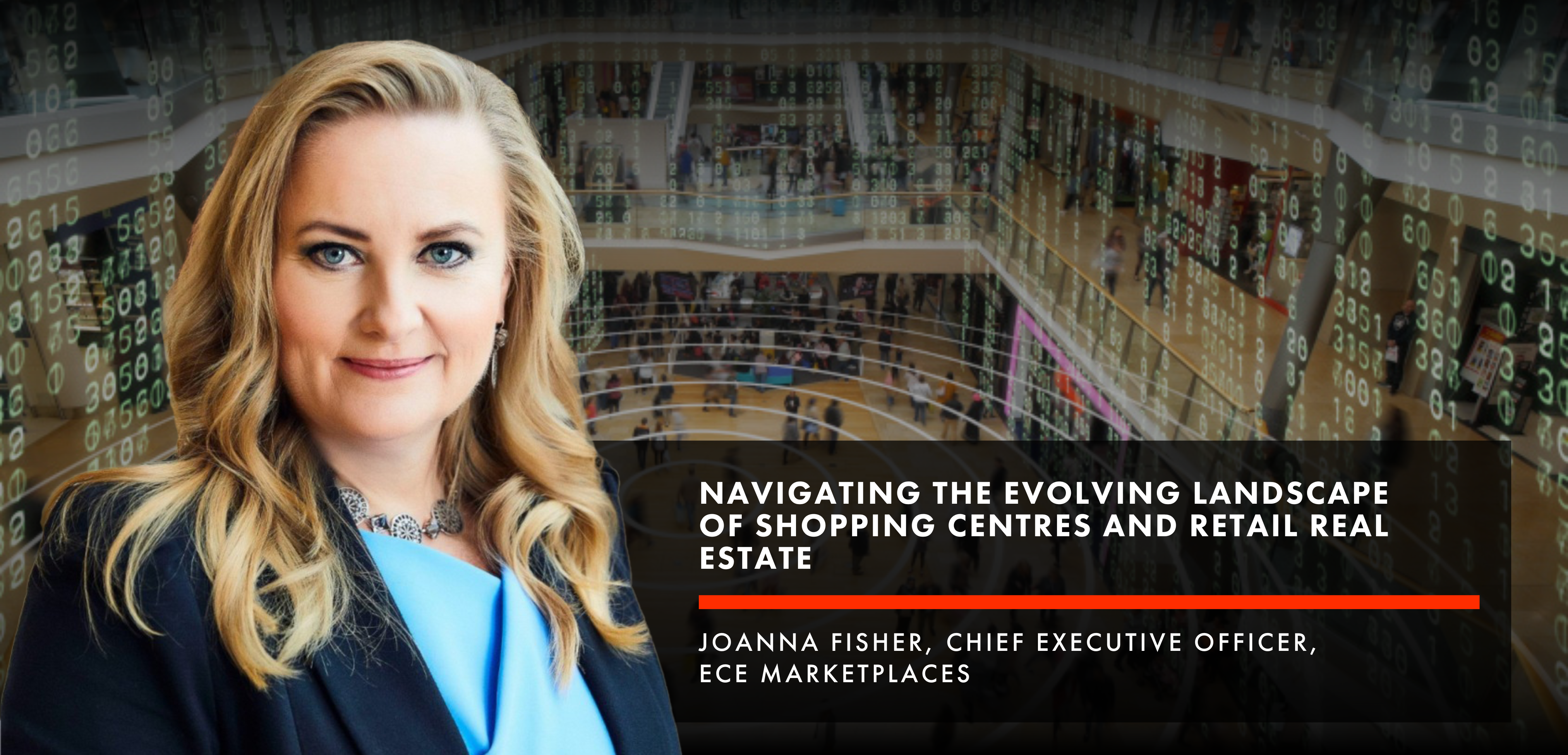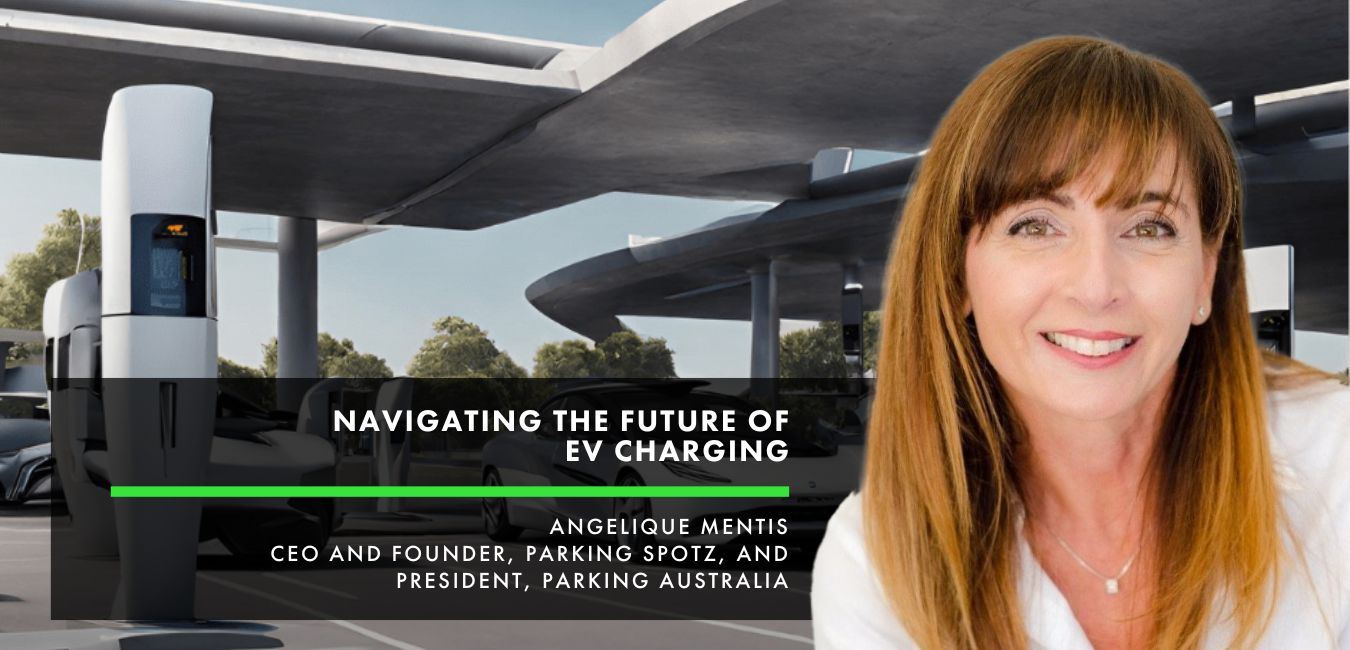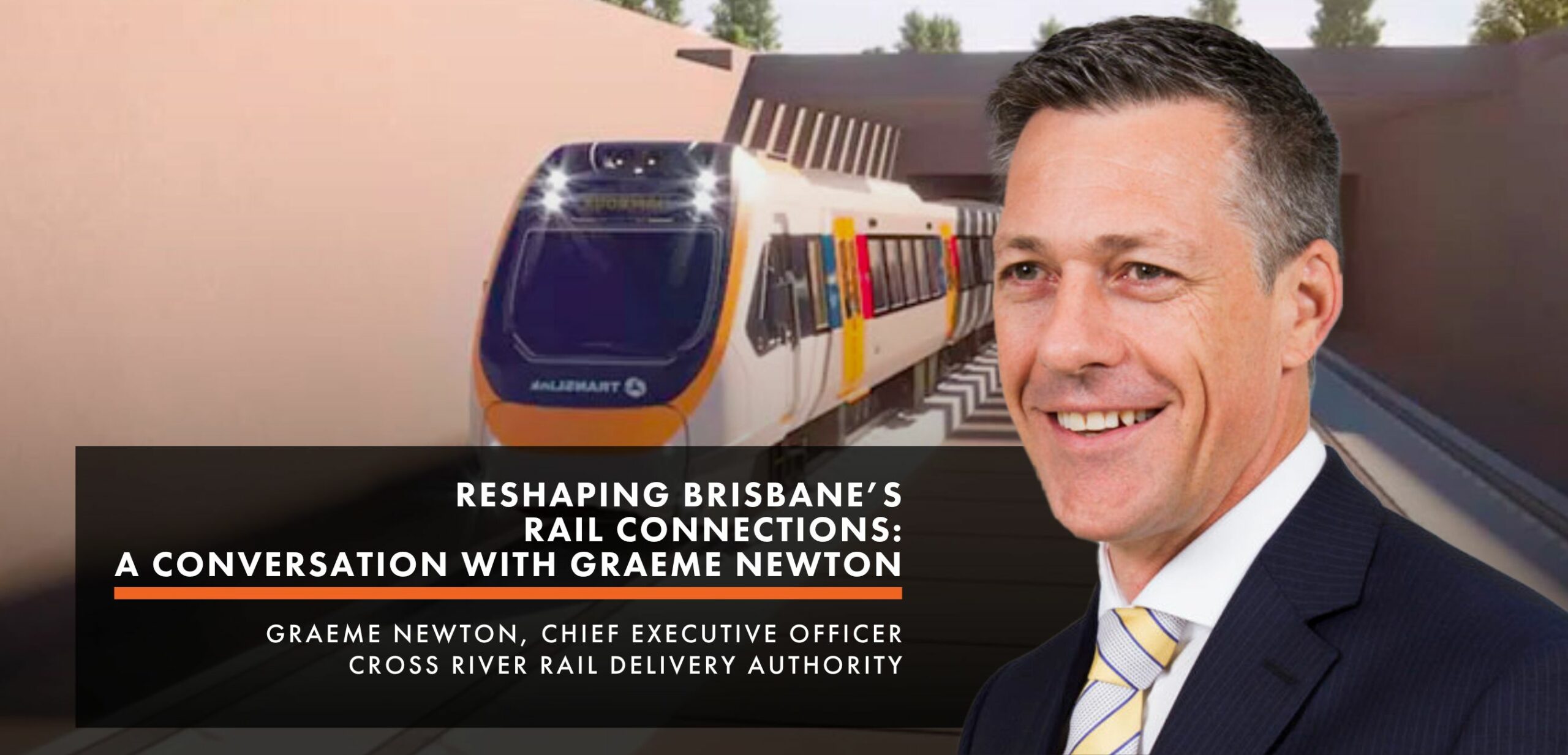FuturePlace Interview Spotlight, Joanna Fisher
FuturePlace recently interviewed Joanna Fisher, Chief Executive Officer, ECE Marketplaces where she shared her insights on evolving landscape of shopping centres and ECE’s innovative approaches. Joanna discusses ECE’s focus on transforming shopping centres into vibrant marketplaces and urban hubs, emphasising the importance of tailored experiences for diverse audiences.
FuturePlace: Can you tell us a little bit about ECE marketplaces?
Joanna Fisher: ECE Marketplaces is a leading European service provider for the management of shopping centres and offers comprehensive expertise in the professional operation and marketing of shopping centres as well as their continuous development into lively marketplaces and attractive urban districts.
Across Europe, we manage about 200 shopping centers, including 40 shopping centers in international markets and more than 50 retail parks under the management of MEC METRO-ECE Centre management, with 20,000 shops on a total sales area of approx. 7 million m². In addition, we also manage around 160 car parks. As a service provider, we offer all our management services and project expertise for the owners of the the centres, our clients – these range from asset and property management and leasing, mall marketing, and facility management to comprehensive financing, architecture and construction services. ECE Marketplaces is a part of the internationally active real estate and investment company ECE Group which, with its specialised market areas, offers asset management, project development expertise, investment management, and other full-service real estate services for all asset classes under one roof.
The ECE Group manages real estate assets with a total value of more than 31 billion euros, and has been under the ownership of the Otto family since the founding of ECE in 1965, which means that we are still a family-owned company – and that we have almost 60 years of experience in managing and developing shopping centres.
FuturePlace: How do you offer tailored experiences to each of your many audiences?
Joanna Fisher: The speciality how we do this is that we see shopping centres not only as pure retail locations but as local marketplaces and social hubs. Those marketplaces and hubs offer much more than just shopping. This means that we are developing a lot of complementary services around and above retail. Retail is all the time the core of our business and of each asset that we manage, but around that we have additional offers like entertainment, gastronomy and especially non-retail offers like, for example, medical services and similar offers which may also include fitness centres, public libraries, or public administration offices. These offerings are growing at the moment across Europe after the pandemic and after the energy crisis and are a perfect addition to the retail offerings. When it comes to the individual centers, both the branch and the tenant mix as well as the further development of the shopping centres are clearly based on the individual strategy for each location. So, for us it’s very important to have the look on the KPIs in the catchment area around the shopping centre or the assets and then to decide together with the investor based on the customer review how the centre has to further develop and what kind of content do we have to put there.
FuturePlace: What does the next 18 months hold for ECE Marketplaces?
Joanna Fisher: Shopping centres have once again proven to be a resilient and stable asset class, despite the crises and challenges of recent years. The positive turnover development for the tenants in the centres and the good demand from retailers for rental space in the centers in 2023 are just two indicators.
To name just one figure: At the centres operated by ECE Marketplaces, we will reach a leasing performance in 2024 of approx. 800,000 m² of leased retail space in the centres – a plus of 45 percent compared to the previous year.
Thus, despite the challenges and ongoing structural change in the retail sector, the retail real estate segment is still experiencing dynamic momentum and an intensive process of change, but shopping centres are particularly well positioned to anticipate and adapt to due to their flexibility and adaptability.
I therefore expect that 2024, on the hand, will continue to bring challenges for individual sites and concepts as well as for the type of industry as a whole, as we will probably see further insolvencies and closures of some retailers and the developments of recent years will continue intensively.
At the same time, however, there will be a whole range of opportunities to further develop the centres and to accompany the ongoing transformation process positively and successfully, and there are a number of strategic approaches and concepts that need to be considered and implemented individually for each asset: these range from a continuous renewal and extension of the tenant mix, with innovative concepts and new branches, to the constant further development of the assets through the integration of new offers and services as well as the property specific addition of selected non-retail offers from segments such as medical services or complementary mixed-use concepts.
Referring to the transaction market, it is conceivable that we will see some interesting deals again in 2024, since many investors are once again focusing on the strong stability and stable long-term yields of investments in retail real estate, while at the same time, the price level remains attractive for an entry into well-managed, well positioned properties.
At ECE Marketplaces, we aim at further developing a number of centres – by realising attractive projects such as the new Food Garden in a shopping destination close to Frankfurt in Germany which will be built during 2024, and we are still interested in the takeover of new management contracts. Last but not least, ESG will continue to be an important and even increasingly significant topic for the retail real estate industry, by putting an ongoing focus on energy efficiency and the road to climate neutrality, but also by increasingly emphasising the S and G in ESG.
FuturePlace: You’re the chair of the European Council of Shopping Places (ECSP), what are the major issues, challenges and opportunities that the ECSP is focusing on at the moment?
Joanna Fisher: So far, the shopping center industry has not been sufficiently represented at the European level. However, many decisions and regulations are made in Brussels that strongly affect our industry. Our goal at ECSP is therefore to represent the industry effectively and with one voice at the European level. To this end, we have set ourselves three key topics on the agenda: monitoring, valuation and co-design of relevant legislative processes at European level, networking within the type of industry with national associations and with politicians, and events for the exchange of information.
FuturePlace: What can audiences of the Malls of the Future Summit expect to take away from your session at the event?
Joanna Fisher: The idea is to provide insights from the European shopping centre market. I hope this is interesting for the Australian market to see what’s going on in Europe. I hope with my presentation I can provide a little bit more understanding about the European market, especially of course shopping centre market.
The shopping centre sector in Europe has again, and despite the challenging environment, proven to be a stable and resilient asset class. Due to their flexibility and ability to adapt, they are very capable of coping with the changes in consumer behavior and the dynamic retail market, which at the same time means, that they have to be further developed continuously to keep them fit for the future: with new concepts and ideas, as well as additional offerings, for example from the non-retail sector. Thus, long-term value retention, sustainable operation, and innovative concepts for the transformation of shopping centres are at the top of the industry’s agenda in Europe. This is something that might also be interesting and useful for other markets to learn from.
Joanna will be speaking at the Malls of the Future Summit, taking place on 6 March 2024 in Sydney.
It brings together the brightest minds in the industry to explore the continued evolution of bricks and mortar retail in a fast-changing world. It will explore the factors driving investment in innovative new-build and redeveloped shopping precincts that are going beyond the norm to offer a more personalised and sensory customer experience that creates reasons for local communities to visit, stay longer, feel connected and return time and time again.







